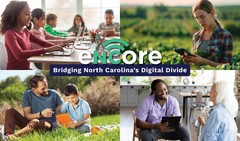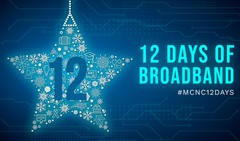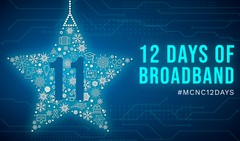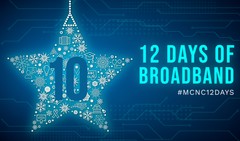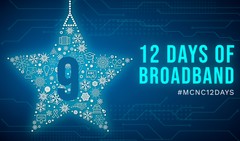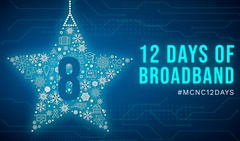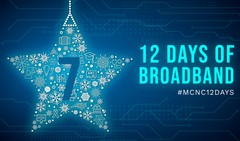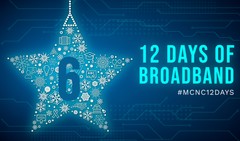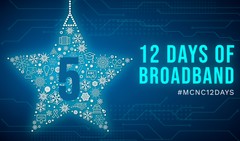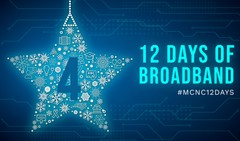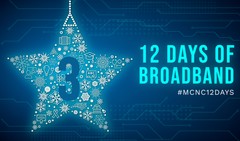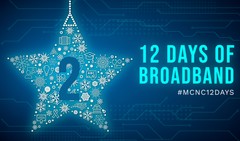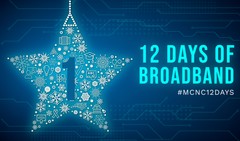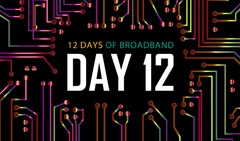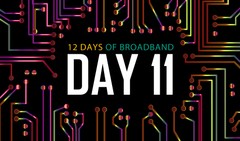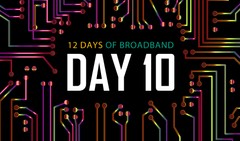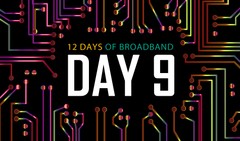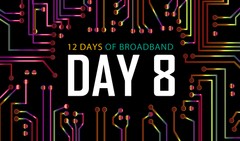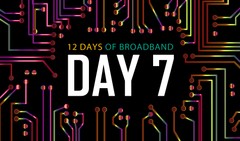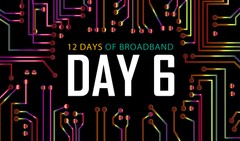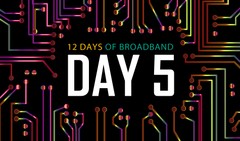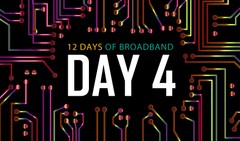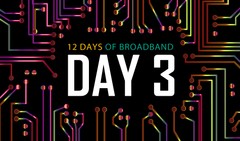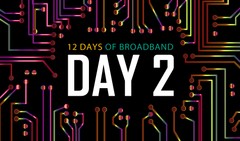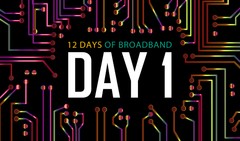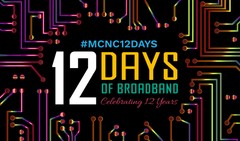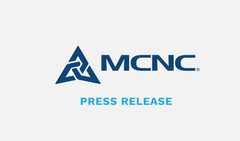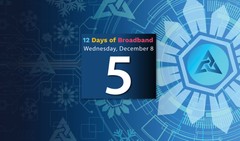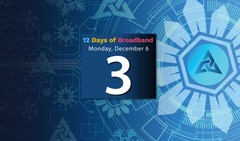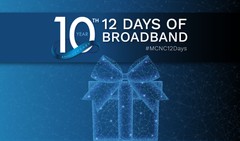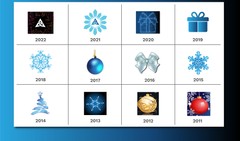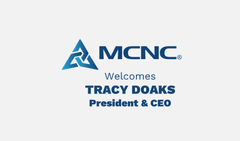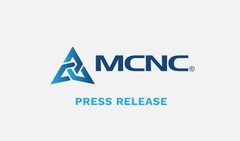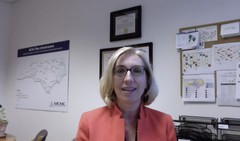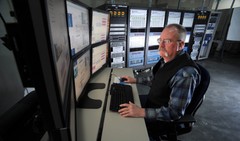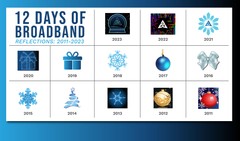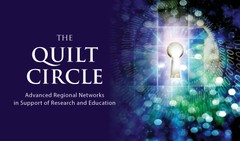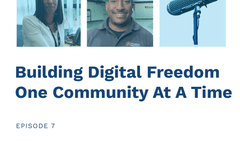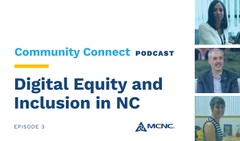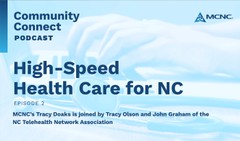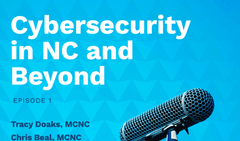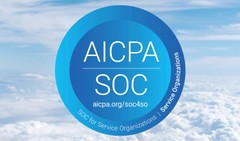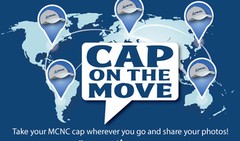Day 2: Broadband drives digital opportunities in North Carolina

The lack of high-speed Internet and technology for many in North Carolina, particularly in rural areas, has deep social and economic consequences. This year MCNC reaffirmed its commitment to digital opportunities throughout the state – offering recommendations, support, technology and more, as well as issuing a call to action to connect with others who also want to achieve this important goal.
Digital opportunities can improve healthcare, education, local economies, and give citizens effective ways to connect online while obtaining the skills they need to participate in today's remote work and learning environments. According to MCNC President and CEO Tracy Doaks, digital opportunities in North Carolina would have long-lasting economic and social benefits; MCNC is therefore ready to lead and, more importantly, ready to listen.
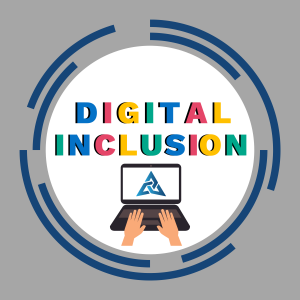
“MCNC has been involved in digital opportunity efforts across North Carolina and at the national level for many years, and we take the role of helping our community very seriously,” explained Doaks. “The pandemic has shined a bright light on the ‘haves’ and ‘have nots’ in North Carolina, and MCNC continues to ensure North Carolina’s future is connected today by deepening our engagement in these pivotal digital opportunity efforts.”
For over 40 years MCNC has connected and protected communities with high-speed Internet and networking technologies throughout North Carolina. And during those four decades, MCNC has built-out its world-class network to many unserved and underserved areas of the state (now at more than 4,400 miles) all while continuing to stress that the growth of the “digital divide” or “homework gap” would pose significant social and economic challenges. Today, citizens must be able to support remote work, virtual school and day-to-day living, and the COVID-19 pandemic has shown that digital opportunities really are all-encompassing – where citizens not only need access to reliable broadband, but also secure access to services, support, and skills on how to use it.
MCNC affirms that digital opportunities are necessary for everyone to have full access to civics and culture, healthcare, learning, employment, and essential goods and services.
MCNC’s broadband network touches virtually every county in the state, affordably and effectively removing those connectivity barriers previously experienced in North Carolina. MCNC is ready to once again demonstrate how the right investments can lead to a statewide digital opportunity ecosystem where communities work together to drive economic and social growth in North Carolina.
Stephanie Jane Edwards, GIS Analyst and MCNC's Digital Opportunities Liaison, noted that MCNC has come alongside many North Carolina communities throughout the pandemic to help navigate new challenges, disparities, needs and opportunities. “While we cannot address all aspects of digital opportunities, MCNC increasingly strives to be more than just a provider of broadband-based technology services, but a trusted community partner.” Get more from her February 2021 blog.
MCNC — along with other fellow state Research and Education Networks (RENs) throughout the country — are well-positioned to leverage their middle-mile networks and community relationships for digital opportunity work. Such work can create ripple effects in producing thriving local economies.
MCNC is ready to connect with others seeking to make digital opportunities a reality for the entire state.
Return to the 11th Annual 12 Days of Broadband >>>
